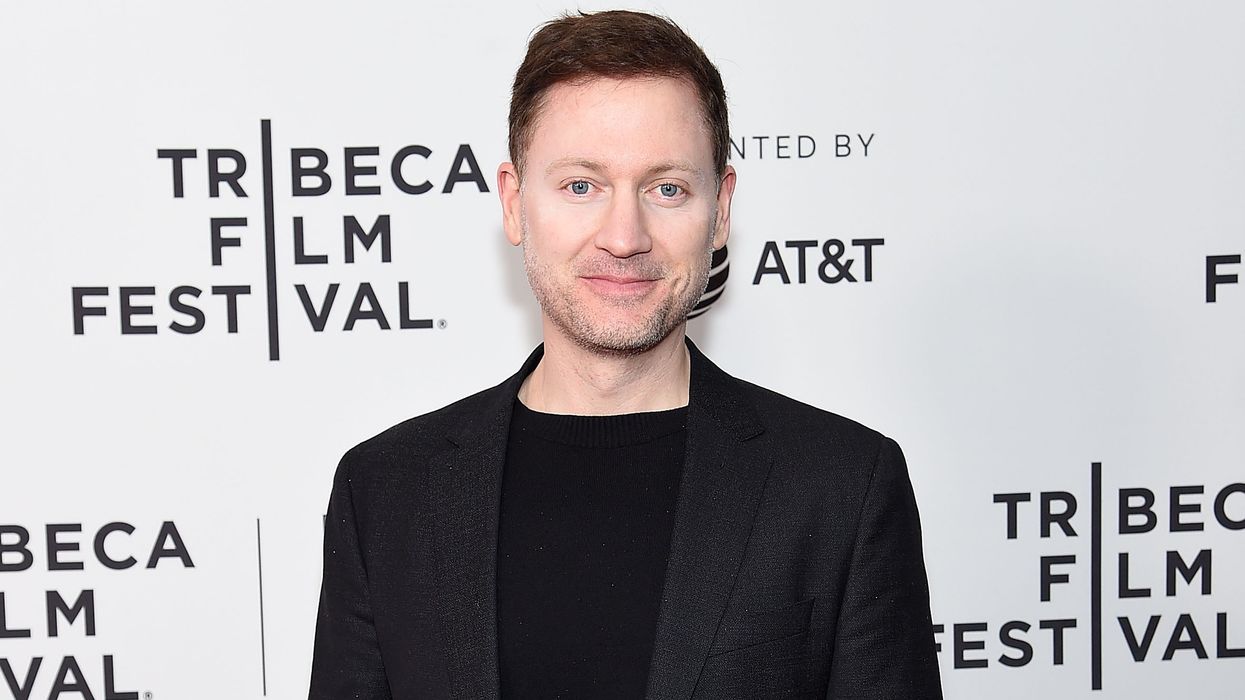Highlights
- Bryan Johnson, 47, is contemplating shutting down or selling his anti-ageing startup, Blueprint.
- The biotech entrepreneur recently launched a religion called "Don’t Die."
- He says commercial activity is undermining his philosophical credibility.
- Blueprint has faced financial pressures but Johnson denies any crisis.
Biotech entrepreneur and longevity enthusiast Bryan Johnson has revealed he is considering shutting down or selling his anti-ageing company, Blueprint. Speaking to Wired, the 47-year-old said his priorities have shifted towards developing his newly founded religion, "Don’t Die", which he believes better aligns with his philosophical ambitions.
“I am so close to either shutting it down or selling it,” Johnson said in the interview published Monday. “I don’t need the money, and it’s a pain-in-the-ass company.”
From business to belief
Johnson is widely known for Project Blueprint, his intense and expensive self-experimentation regimen aimed at reversing ageing. Launched in 2021, the programme reportedly costs him around $2 million annually and has included controversial practices such as blood transfusions from his son, which he later discontinued due to lack of observable benefits.
Blueprint, his startup, sells wellness products ranging from a £42 mushroom-based coffee alternative called “Super Shrooms” to a £44 “longevity mix” drink.
In March, Johnson publicly declared the founding of his own religion, “Don’t Die”, which evolved from the tagline of his wellness brand and Netflix documentary. “It seemed obvious that they’d say Don’t Die is how humanity saved itself and merged with AI,” he wrote on X.
However, he now believes that commercial interests may be at odds with his philosophical mission. “People see the business and give me less credibility on the philosophy side. I will not make that trade-off,” he told Wired.
Financial pressures and public perception
Earlier this year, The New York Times reported that Blueprint was missing its monthly break-even target by over £780,000 ($1 million), citing internal documents and former employees. Johnson responded to some of the allegations, but notably avoided directly addressing the financial data.
To Wired, he maintained that the company is not in a financial crisis. “We are break-even, and I’ve said that publicly many times. We’ve had profitable months, we’ve had loss months,” he said.
Blueprint originally emerged from requests by friends who were curious about the supplements Johnson was taking. “I was trying to do people a solid,” he said. Yet, the enterprise has grown into something that, he now feels, undermines the authenticity of his philosophical pursuits.
“I don’t want it,” he concluded.





